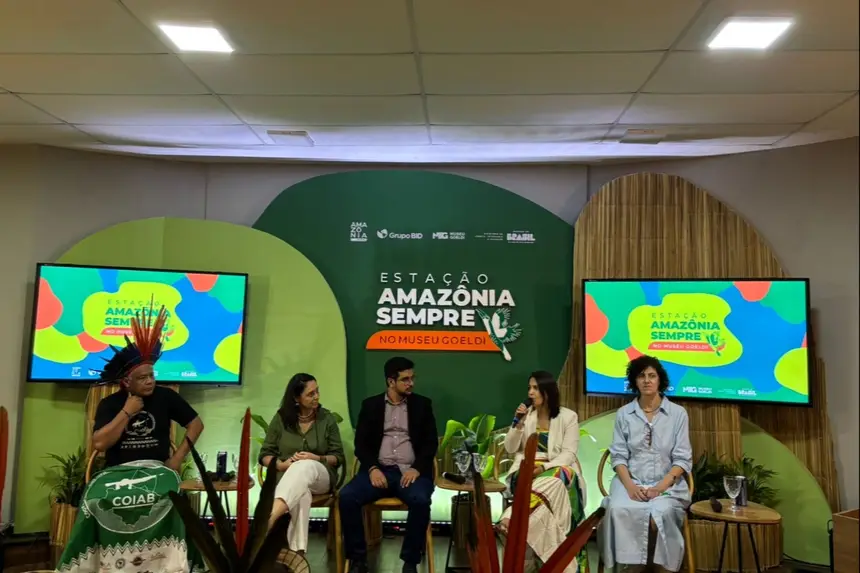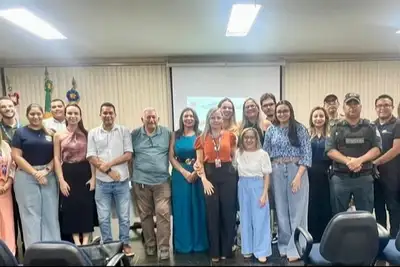Semas presents Pará's advances in bioeconomy chains at BID panel during COP 30

Last Thursday (13), the State Secretariat for the Environment, Climate and Sustainability (Semas) participated in the panel "The economic and social value of bioeconomy chains in the Amazon: the cases of Brazil (Pará) and Colombia (Guaviare and Caquetá)", promoted by the Inter-American Development Bank (IDB), as part of the COP30 program in Belém, at the "Amazon Station Forever", located at the Museu Paraense Emílio Goeldi.

The meeting brought together experts and government representatives to present the main findings of recent studies on the economic and social impact of sociobioeconomy in the region.
The presentation highlighted how bioeconomy production chains have contributed to improving the living conditions of Amazonian peoples, while reinforcing the importance of maintaining the living forest. Researchers emphasized that initiatives based on the sustainable use of biodiversity generate income, strengthen local economies, and expand opportunities for traditional, indigenous, and riverside communities.
In addition to discussing advancements, the panel also addressed emerging bioeconomy opportunities in the territories of Guaviare and Caquetá in Colombia, and in the state of Pará, focusing on development strategies that reconcile environmental conservation and social inclusion.
Semas was represented by the manager of Policies and Interinstitutional Articulation in Bioeconomy, Luz Marina Almeida. She presented the main programs and projects conducted in Pará, such as Inova Sociobio and the Casa da Sociobiodiversidade, initiatives aimed at strengthening sustainable production, expanding markets for forest products, and fostering innovation in socioproductive chains.
The panel reinforced the strategic role of bioeconomy for Amazonian development and highlighted that investments in the sector can generate lasting impacts for both local populations and environmental conservation.
Text: Vitor Hugo Ribeiro/ Ascom Semas










